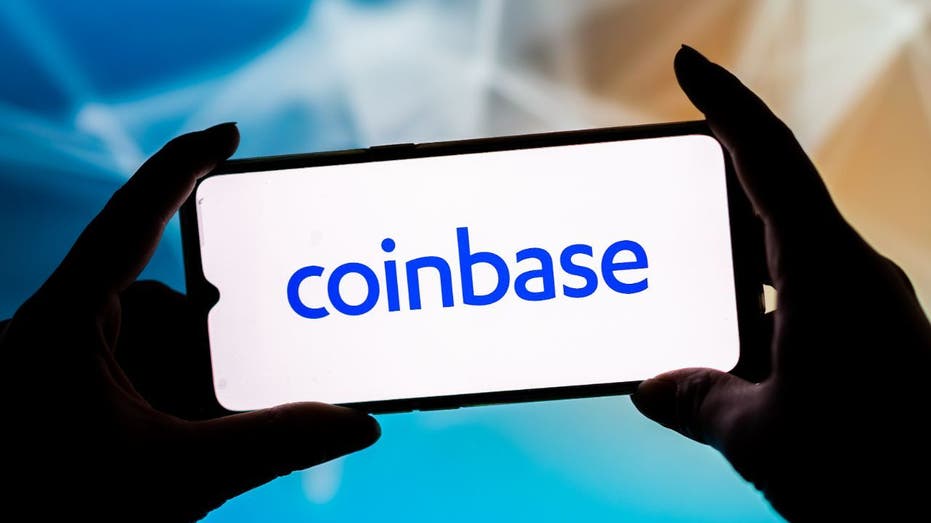Coinbase blocks over 25,000 Russia-linked accounts believed to be engaging in illicit activity
Digital assets can help deter evasion of sanctions due to the fact that their transactions are public, permanent and traceable
Ukrainians refuse to 'let Russia take an inch' without a fight: Ambassador
Kristina Kvien, acting US ambassador to Ukraine, joins 'Varney & Co.' to discuss the possibility of a war crimes charge against Vladimir Putin and the devastation caused by his forces.
Coinbase, the largest cryptocurrency exchange in the United States, has blocked more than 25,000 accounts linked to Russian individuals or entities that it believes are engaging in illicit activity.
| Ticker | Security | Last | Change | Change % |
|---|---|---|---|---|
| COIN | COINBASE GLOBAL INC. | 165.12 | +19.00 | +13.00% |
Coinbase Chief Legal Officer Paul Grewal said in a blog post Monday that while most of the accounts were identified prior to Russia's invasion of Ukraine, their addresses have been shared with the government to further support sanctions enforcement. He added that the platform has "not seen a surge in sanctions evasion activity in the post-invasion context."
CRYPTOCURRENCY PRICES MIXED ON TUESDAY
During onboarding, Coinbase checks account applications against regularly updated lists of sanctioned individuals or entities, including those maintained by the United States, United Kingdom, European Union, United Nations, Singapore, Canada and Japan.
In order to open a Coinbase account, individuals and entities must provide identifying information, including their name and country of residence. The account information is then screened by an independent vendor before an individual or entity is allowed to make transactions. If a customer lives in a sanctioned country or region, or if they are identified as a sanctioned individual or entity, they are prohibited from opening an account on Coinbase's platform.

Coinbase, the largest cryptocurrency exchange in the United States, has blocked over 25,000 accounts linked to Russian individuals or entities that it believes are engaging in illicit activity. (Mateusz Slodkowski/SOPA Images/LightRocket / Getty Images)
Coinbase also uses geofencing controls to prevent access to its website, products and services by anyone who uses an IP address in a sanctioned geography, such as Crimea, North Korea, Syria and Iran.
"If someone has opened a Coinbase account and is later sanctioned, we use this ongoing screening process to identify that account and terminate it," Grewal noted. "Because sanctions evaders often try to mask their identities, Coinbase also proactively works to map transactions beyond the entities and individuals specifically flagged by governments. This allows us to identify potentially related parties and block accounts associated with prohibited actors."
CLICK HERE TO READ MORE ON FOX BUSINESS
According to Coinbase, digital assets can help deter evasion of sanctions due to the fact that their transactions are public, permanent and traceable. The platform adds that adoption of digital assets is still nascent, making their use for widespread sanctions evasion unlikely.
"The Russian government and other sanctioned actors would need virtually unobtainable amounts of digital assets to meaningfully counteract current sanctions," Grewal explains. "The Russian central bank alone holds over $630 billion in largely immobilized reserve assets. That’s larger than the total market capitalization of all but one digital asset, and 5–10x the total daily traded volume of all digital assets."
On Monday, The Wall Street Journal reported that the White House is expected to unveil an executive order later this week which will direct the Treasury, Commerce, State and Justice departments, among other agencies, to conduct a broad review of the cryptocurrency market. A source familiar with the matter told the Journal that the agencies will have roughly three or six months to conduct the review and prepare a public report with recommendations for the federal government’s approach to digital tokens.





















